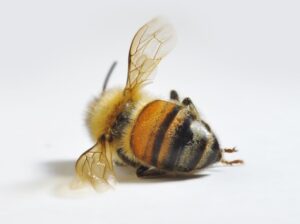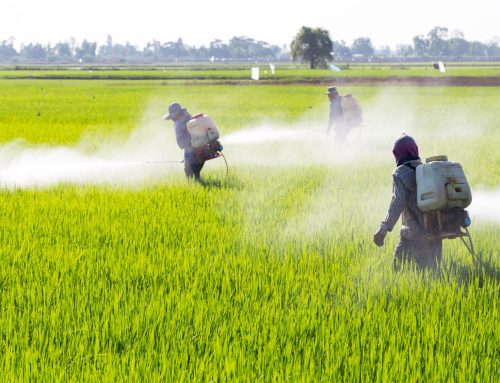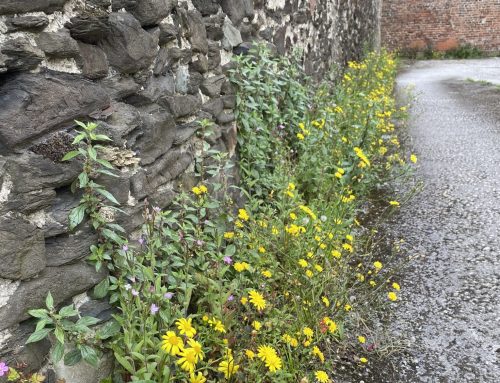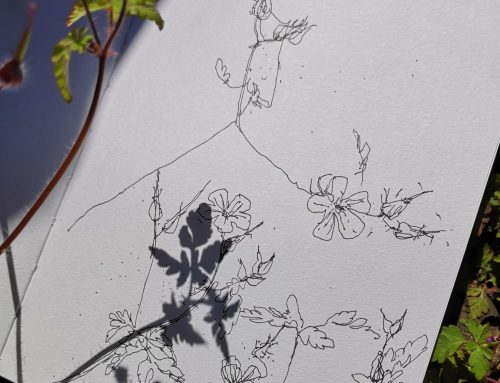The UK Government has today announced that it has approved an application by the British sugar beet industry and National Farmers Union (NFU) to use the bee-toxic insecticide, thiamethoxam, this growing season. The announcement mirrors a January 2020 decision from the UK Government. Last year, Defra made similar concessions to the sugar industry but an especially cold winter led to a fall in aphid numbers which meant that thiamethoxam (a neonicotinoid) was not used. This year’s approval flies in the face of an array of government promises to protect the environment, halt biodiversity declines and support sustainable farming initiatives.
While the approval (known as a ‘derogation’) is accompanied by more stringent requirements than in 2021 it still presents an unacceptable risk to both honeybees and wild bees, other insect species and the aquatic environment. The assessment published by Defra is based solely on the risks to honeybees and is therefore neither sufficiently comprehensive nor precautionary to ensure no harm.
Other measures included in the derogation, such as not planting flowering crops for 32 months after any use of thiamethoxam, risk unintended knock on impacts such as limiting which crops farmers can use in a rotation thereby presenting the possibility that disease issues will be increased. The requirement that herbicides be used to kill any flowering plant (weed) in the vicinity risks removing much needed habitat relied upon by pollinators and therefore further adds to the poorly thought out reasons for approving this derogation.

Approving derogations for pesticides with the potential to cause great harm on what seems to be becoming an annual rolling basis completely undermines recent government commitments to pesticide reduction and Integrated Pest Management (an approach to managing pests, weeds and diseases in which pesticides are used as a last resort, if at all). Rather than take the lazy option of a derogation that could potentially harm a range of important and hard-pressed insect species, the UK Government and sugar industry should be investing in supporting growers to transition to alternative non-chemical control measures. Despite being fully aware of the potential issue since January 2020, inaction has meant that the sugar industry continues to rely on supposedly banned pesticides instead of ramping up efforts to find more sustainable alternatives.
PAN UK is urging the UK Government to cancel this derogation and spend the next 12 months putting in place measures to ensure that farmers are able to access non-chemical alternatives to pesticides with an aim to reducing their dependence on harmful chemicals.
Read more about neonicotinoids here.
And read the response to last year’s derogation here.





